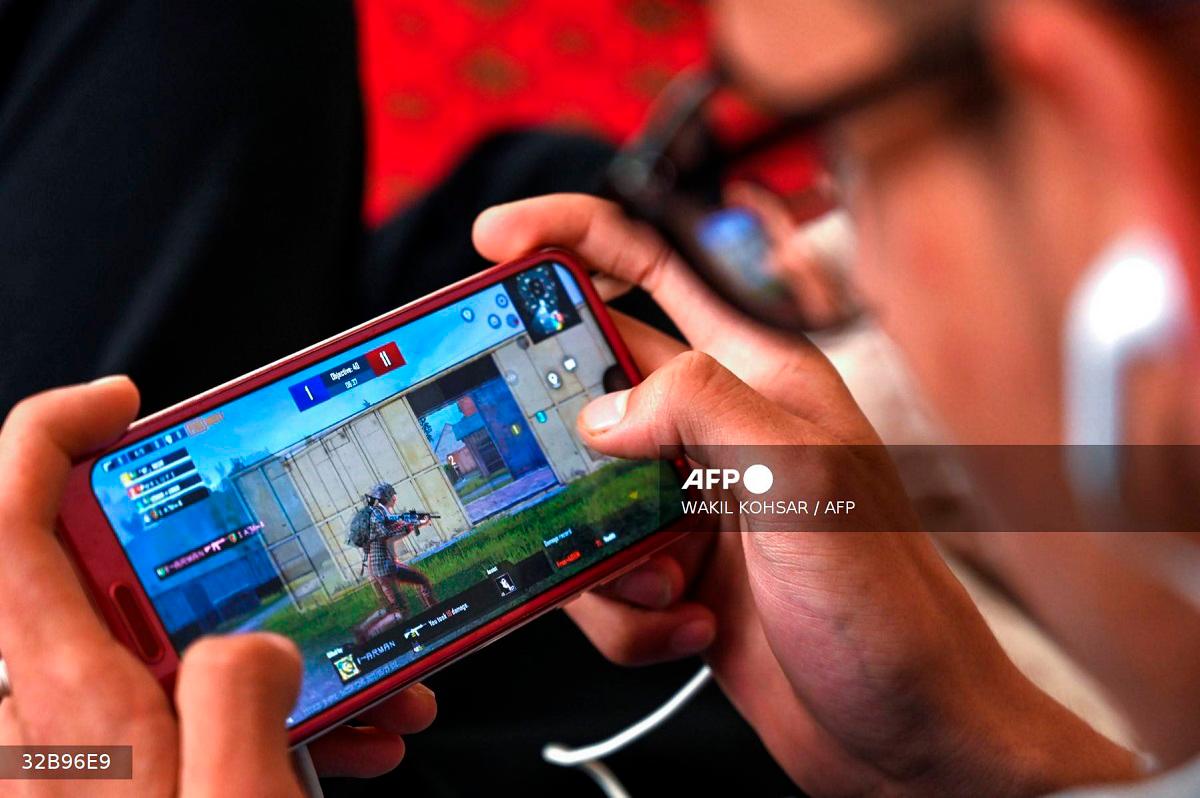PARIS: French prosecutors have raised alarms over a growing trend of teenage boys allegedly plotting terror attacks, with many influenced by violent videos consumed online. Cases range from a 14-year-old planning to bomb an Israeli embassy to a 16-year-old convicted of plotting attacks on far-right bars.
The National Anti-Terror Prosecutor’s Office (PNAT) noted a sharp rise in minors charged with terror-related offences, from 15 in 2023 to 18 in 2024, with 11 cases already recorded by July this year. Most suspects are boys aged 13 to 18, often with no prior criminal history but described as introverted or from troubled family backgrounds.
A judicial source told AFP that many of these teens consume violent content unrelated to terrorism, such as videos from Latin American cartels. “They think they’re proving themselves as men by watching them,“ the source said. Sociologist Farhad Khosrokhavar explained that adolescents in this age group seek recognition through violence, even if it means embracing negative role models.
Social media algorithms play a significant role in accelerating radicalisation. Researcher Laurene Renaut highlighted how platforms like TikTok can quickly funnel users into extremist content. “In less than three hours, you can find yourself in an algorithm bubble dedicated to the Islamic State,“ she said.
One convicted teen, motivated by a sense of injustice after watching footage of the 2019 Christchurch mosque attacks, told investigators his radicalisation began at 13 while playing Minecraft. He was later sentenced to four years in prison for planning attacks on far-right bars.
Critics argue that France’s legal system, which charges minors for associating with terrorist criminals, often imposes harsh penalties without clear evidence of radicalisation. Defence lawyers claim some cases involve little more than aggressive online statements rather than concrete threats.
Despite interventions like therapy and social media bans, experts remain uncertain about long-term deradicalisation. “We do not know if these youth could again be drawn in by extremist ideas,“ a judicial source cautioned. - AFP









